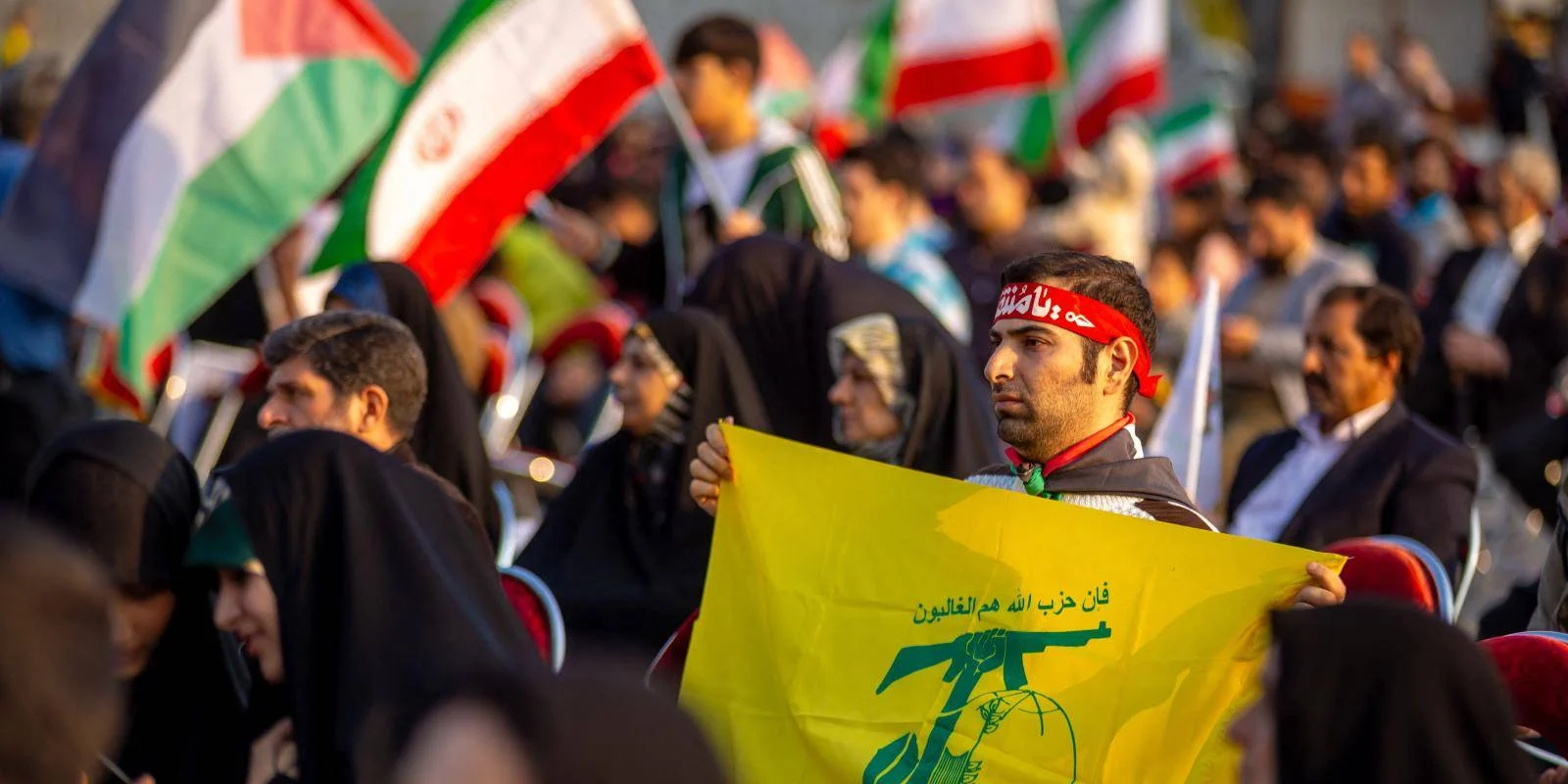Iran’s decision-making regarding military action against Israel and the US is primarily driven by the imperative of regime survival amidst internal challenges, such as civil unrest and economic crises.
Iran, led by President Ebrahim Raisi, has consistently advocated for a conciliatory approach, stating its unwillingness to initiate war but readiness to respond to aggression.
Despite flexing its influence through proxies in the Middle East, particularly after Israel’s actions in the Gaza Strip, Iran has refrained from direct military confrontation with Israel and the US.
This restraint is rooted in Iran’s recognition that a direct conflict with its adversaries could jeopardize its domestic stability and overall survival.
The death of three American soldiers in a drone strike by a Tehran-backed militia raised the specter of direct US-Iranian military confrontation. However, Iran has since adopted a cautious stance, wary of provoking US retaliation.

Iran’s Deliberate Strategy in Managing Regional Tensions (Credits: Chatham House)
Iran’s regime survival remains its paramount concern, given the multitude of domestic crises it faces, including civil unrest and economic challenges.
Despite its boasts about military capabilities, including advanced drones and missiles, Iran acknowledges the significant military advantage held by Israel, compounded by Israel’s nuclear deterrence.
Iran’s asymmetric warfare strategy, relying on proxies and militant groups, allows it to challenge Israel and the US while minimizing direct confrontation and potential casualties.
Recent events, such as Iranian missile strikes in Syria, Iraq, and Pakistan, signal Iran’s willingness to assert itself regionally without escalating to full-scale conflict with Israel and the US.
Iran’s reluctance to engage in direct military confrontation underscores its prioritization of regime survival and avoidance of actions that could threaten internal stability.























